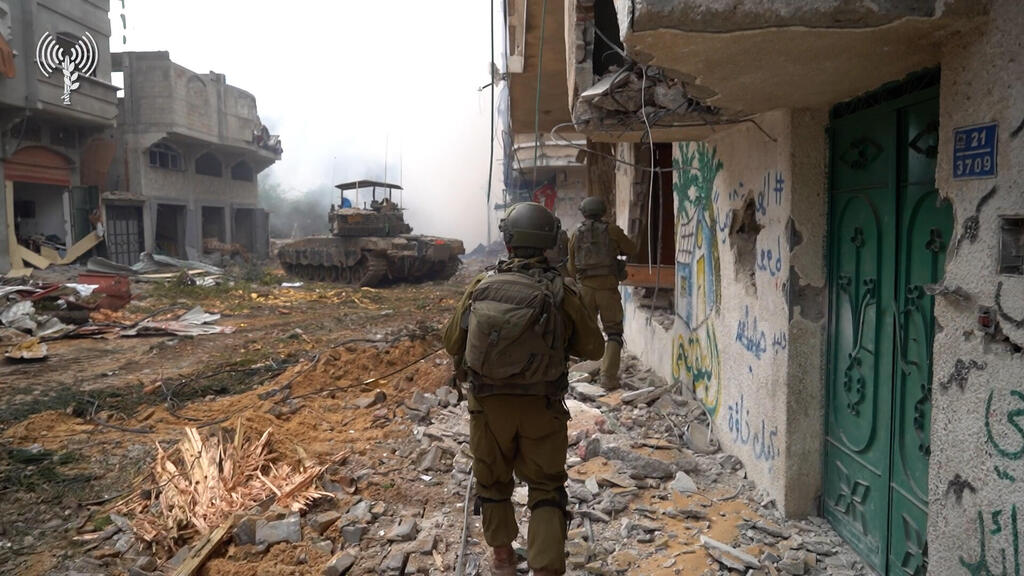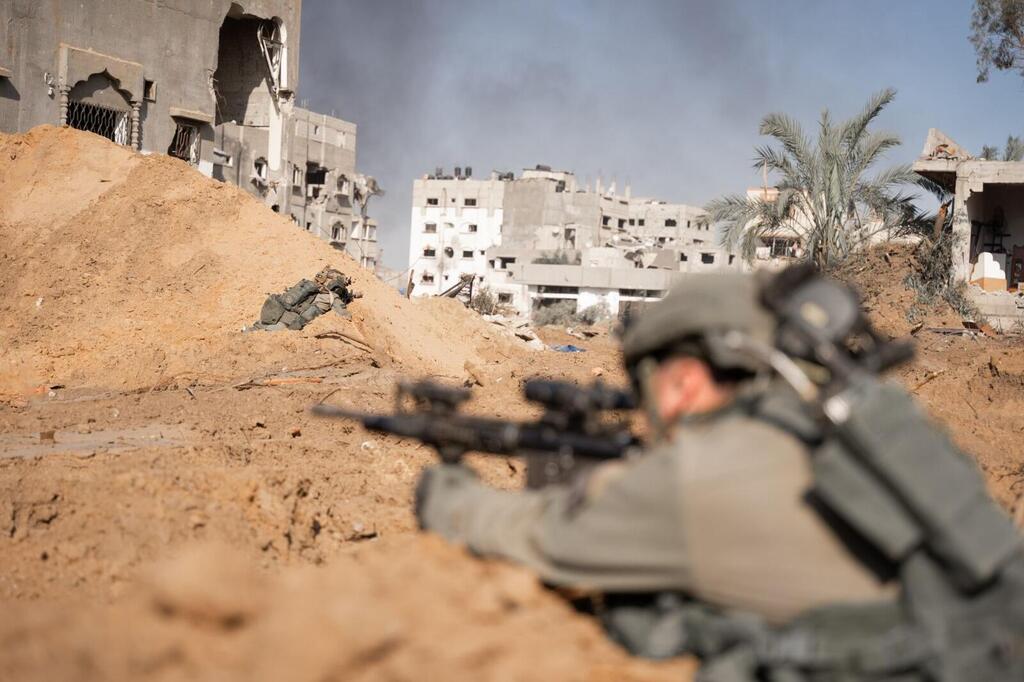"We will continue the war until the end," said Prime Minister Benjamin Netanyahu on Wednesday. "It will last until Hamas is eliminated – until victory."
More stories:
- Israel will not disappear/opinion
In historical terms, he may be right: the war between Israel and jihadist terror organizations could last for years, perhaps even generations.
However, for families whose loved ones are held in Gaza, for spouses whose partners left for reserves on October 7 and have not yet returned, for parents whose son or daughter is fighting on the ground, and for all Israelis whose lives have been turned upside down by this war, I suggest treating these bombastic statements with caution.
Talking about future wars is meant to obscure the frailties of the present. Khan Younis is probably the last stop in what the military calls the "intense phase" of the war. The next phase will be much more modest.
Recent reports about the expansion of the IDF's ground operations indicate two things. First, Gaza’s northern gates have not yet been cleared: terrorists occasionally emerge from tunnels and buildings to ambush the soldiers; second, the military senses an end is near and is trying to cement its achievements before a cease-fire is declared.
These could be considered the concluding operations in Gaza. The objective is to reduce the IDF's presence in the Strip in the upcoming phase.
This is expected to happen in the first half of January. Many reserve soldiers are expected to return home, while the military focuses on creating a security buffer approximately one kilometer wide to separate Gaza from adjacent Israeli communities.
Before evacuees from these communities consider returning home, hundreds of thousands of Gazans will be confronted with a harsh reality. Many will be barred from returning because their homes were within or close to the security buffer, while others have lost their homes, infrastructure and community networks in the areas where they lived.
If we're fortunate, there will be another round of prisoner exchanges. More of our people will emerge from captivity scarred but alive. Another advantage of such a deal is that it would allow Israelis a smoother transition from the phase of intense war, involving four fronts, to a maintenance phase. A few days of cease-fire would help sweeten any feelings of bitterness.
 Nahum BarneaPhoto: Avigail Uzi
Nahum BarneaPhoto: Avigail UziThere will be bitterness. Of that, there is certainly no doubt. The goals the political echelon set for the military were unachievable. This was clear to everyone from day one: elimination, annihilation and decimation are common desires when dealing with a blow like the one we received on October 7.
However, desires are not a military plan or a strategy. Excessive expectations breed disappointment, which will be particularly painful among the fighting forces and, separately, among far-right elements who hoped for a multi-front war leading to the expulsion of millions of Palestinians and the re-settlement of the Gaza Strip.




